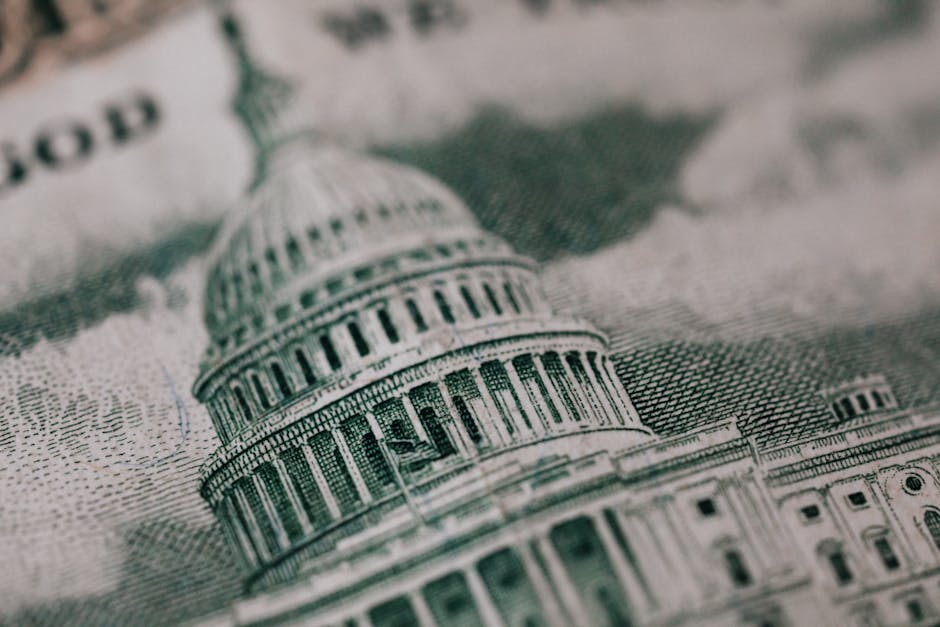
Preservation of Cultural Heritage
Preservation of Cultural Heritage
Cultural heritage refers to the unique traditions, artifacts, and practices that are passed down through generations. It includes tangible items like historical buildings, artwork, and artifacts, as well as intangible elements such as language, music, and customs.
The preservation of cultural heritage plays a vital role in maintaining a sense of identity, history, and continuity within a society. By safeguarding and promoting cultural heritage, we ensure its availability for future generations to learn from and enjoy.
One of the primary reasons for preserving cultural heritage is to protect and celebrate diversity. Each culture brings something distinct and invaluable to the global tapestry of humanity. By preserving cultural heritage, we acknowledge and appreciate the richness and variety of human experiences.
Preserving cultural heritage also fosters a sense of pride and belonging among communities. It strengthens social cohesion and promotes intergenerational connections. When individuals can connect with their cultural roots, it enhances their understanding of themselves and their place in the world.
Cultural heritage preservation is not solely about safeguarding the past; it also holds significant economic benefits. Cultural heritage sites, such as historical landmarks, monuments, and museums, attract tourists and generate revenue. They contribute to the growth of local economies and create job opportunities.
Furthermore, preservation efforts contribute to the overall well-being of communities. Cultural heritage sites often serve as gathering spaces, fostering a sense of community and providing venues for social and cultural events. They offer opportunities for education, research, and creative expression.
However, preserving cultural heritage is not without its challenges. Factors such as urbanization, globalization, natural disasters, and armed conflicts pose threats to cultural heritage sites and practices. It requires a collaborative and multi-faceted approach involving governments, communities, organizations, and individuals.
In conclusion, the preservation of cultural heritage is crucial for maintaining a vibrant and diverse world. It ensures that our collective human story is safeguarded, celebrated, and shared with future generations. By valuing and protecting our cultural heritage, we foster a richer understanding of our past, present, and future.
